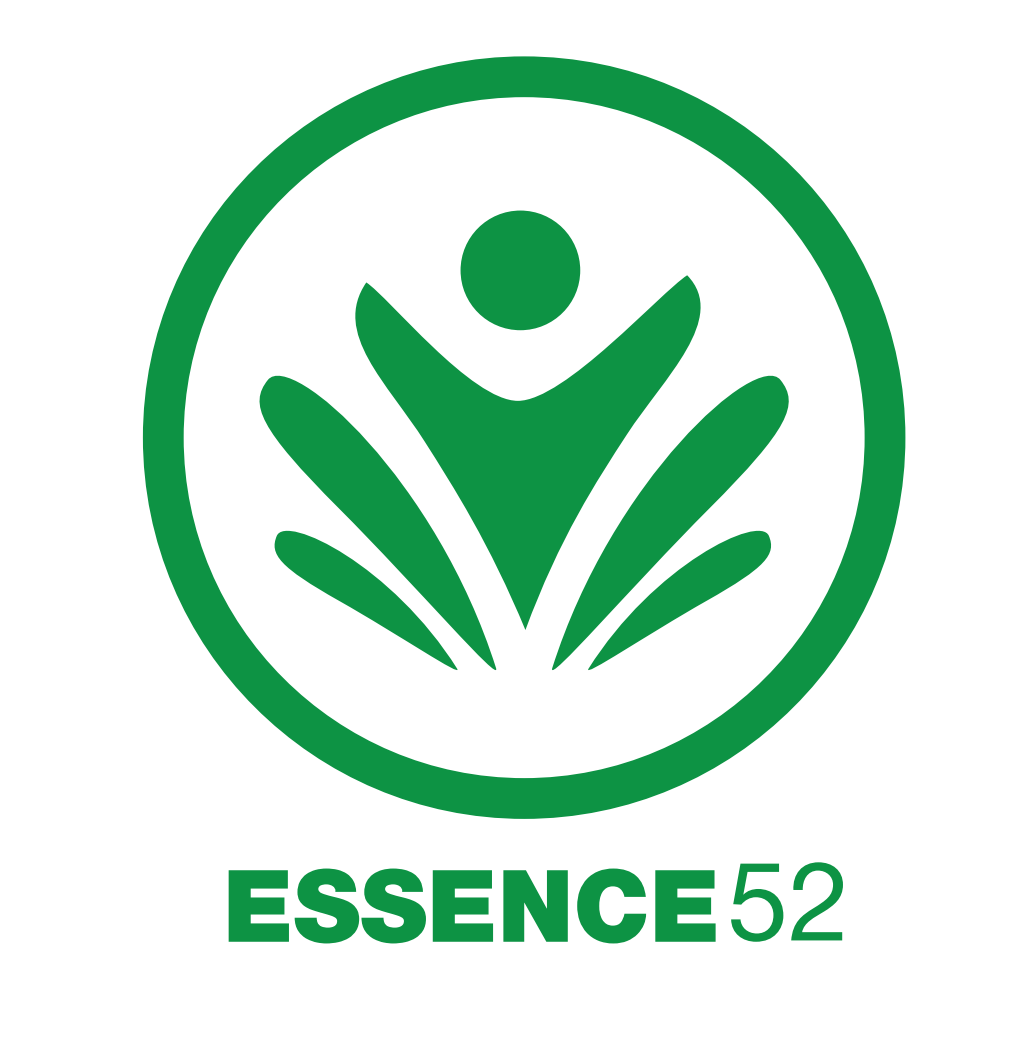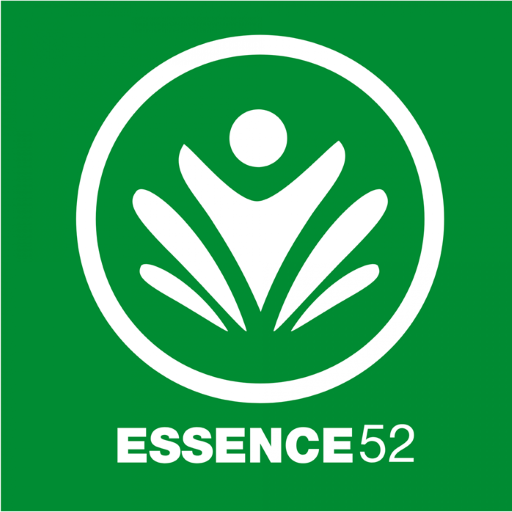
The Activities Coordinator: Connecting Research to Practice in Residential Care
How the Activities Coordinator supports residents’ quality of life through the four core areas of Murphy, O’Shea & Cooney (2007) and the six wellbeing domains identified by Kelley-Gillespie (2009).
Enhancing Quality of Life Through Evidence-Based Practice
The Activities Coordinator plays a central role in enhancing quality of life for residents in long-term care. Two key studies highlight the breadth of this impact. Murphy, O’Shea and Cooney (2007) identified four core areas influencing residents’ well-being in Irish long-stay settings: Personal Identity, Connectedness, Activities & Therapies, and the Care Environment & Ethos of Care. Complementing this, Kelley-Gillespie (2009) defined six interconnected domains of well-being: physical, psychological, cognitive, social, environmental, and spiritual. Together, these frameworks provide a clear structure for understanding how daily care practices support holistic well-being.
Linking the Two Frameworks in Daily Practice
In practice, the Activities Coordinator
operates at the intersection of these models:
• Activities & Therapies sustain physical, cognitive, and psychological
well-being through movement, stimulation, and meaningful engagement.
• Connectedness nurtures social and psychological domains by strengthening
relationships and belonging.
• Personal Identity supports spiritual and psychological dimensions by
recognising each resident’s life story, preferences, and sense of meaning.
• Care Environment & Ethos of Care influence the environmental domain,
ensuring comfort, inclusion, and autonomy within daily life.
A Core Professional Role in Holistic Care
Through observation and creativity,
Activities Coordinators translate these evidence-based domains into lived
experience. Small, individualised actions—playing a favourite song, arranging
seating for conversation, or displaying personal photographs—can support
orientation, comfort, and connection. Understanding the overlap between these
two research frameworks positions the Activities Coordinator as a core
professional within residential care: enabling residents to live with purpose,
dignity, and belonging.
To discuss your training needs please email Liz@essence52.com.
Until next time,
Liz
(Based on Murphy, O’Shea & Cooney, 2007; Kelley-Gillespie, 2009.)

